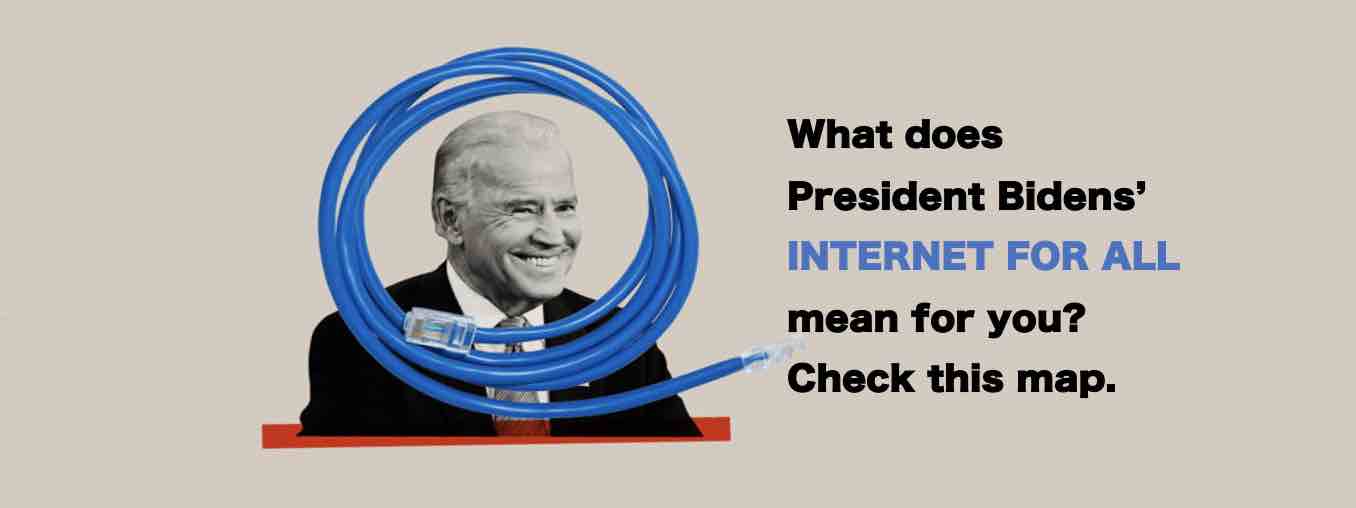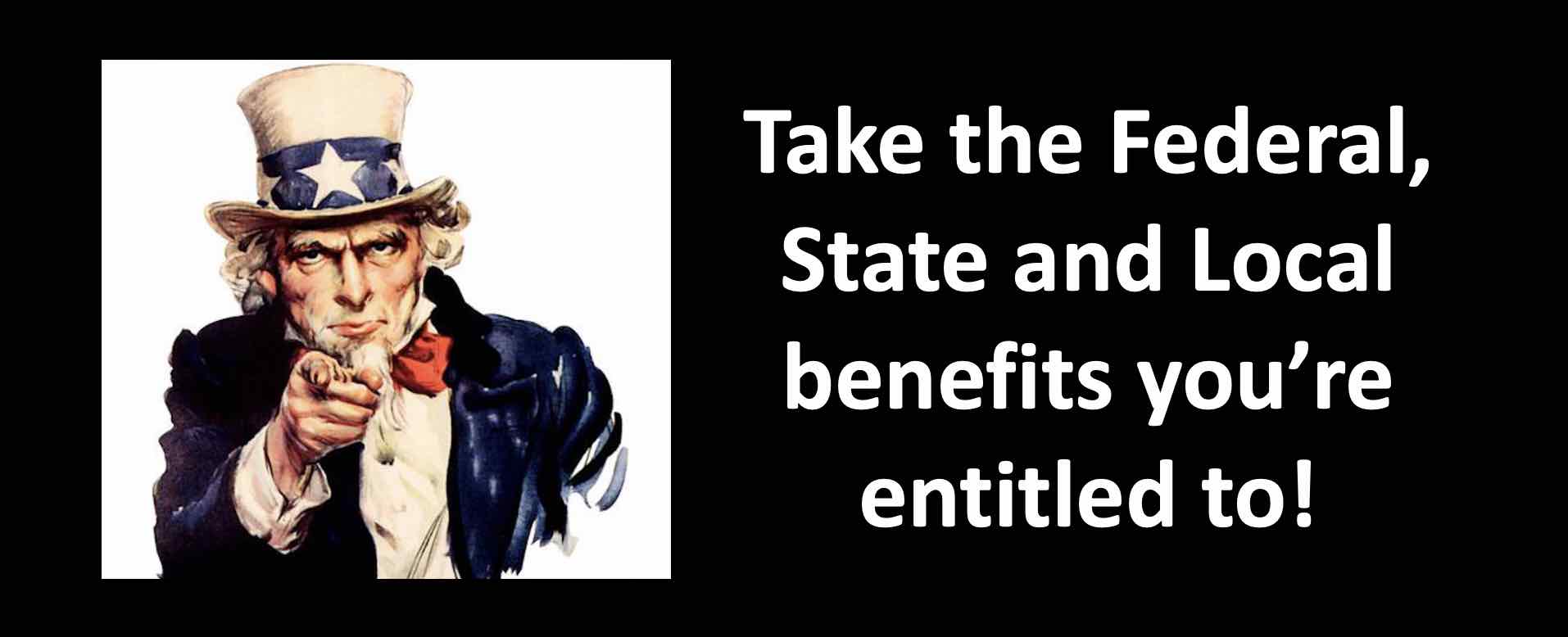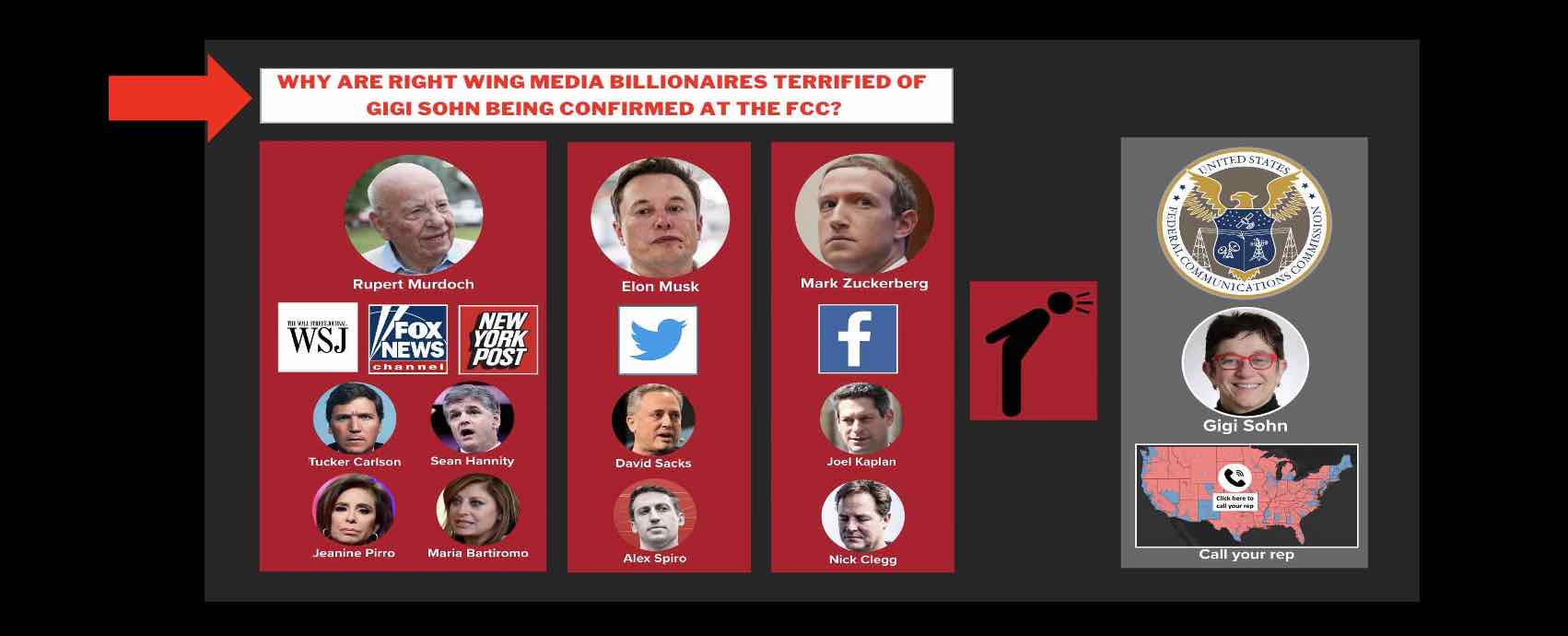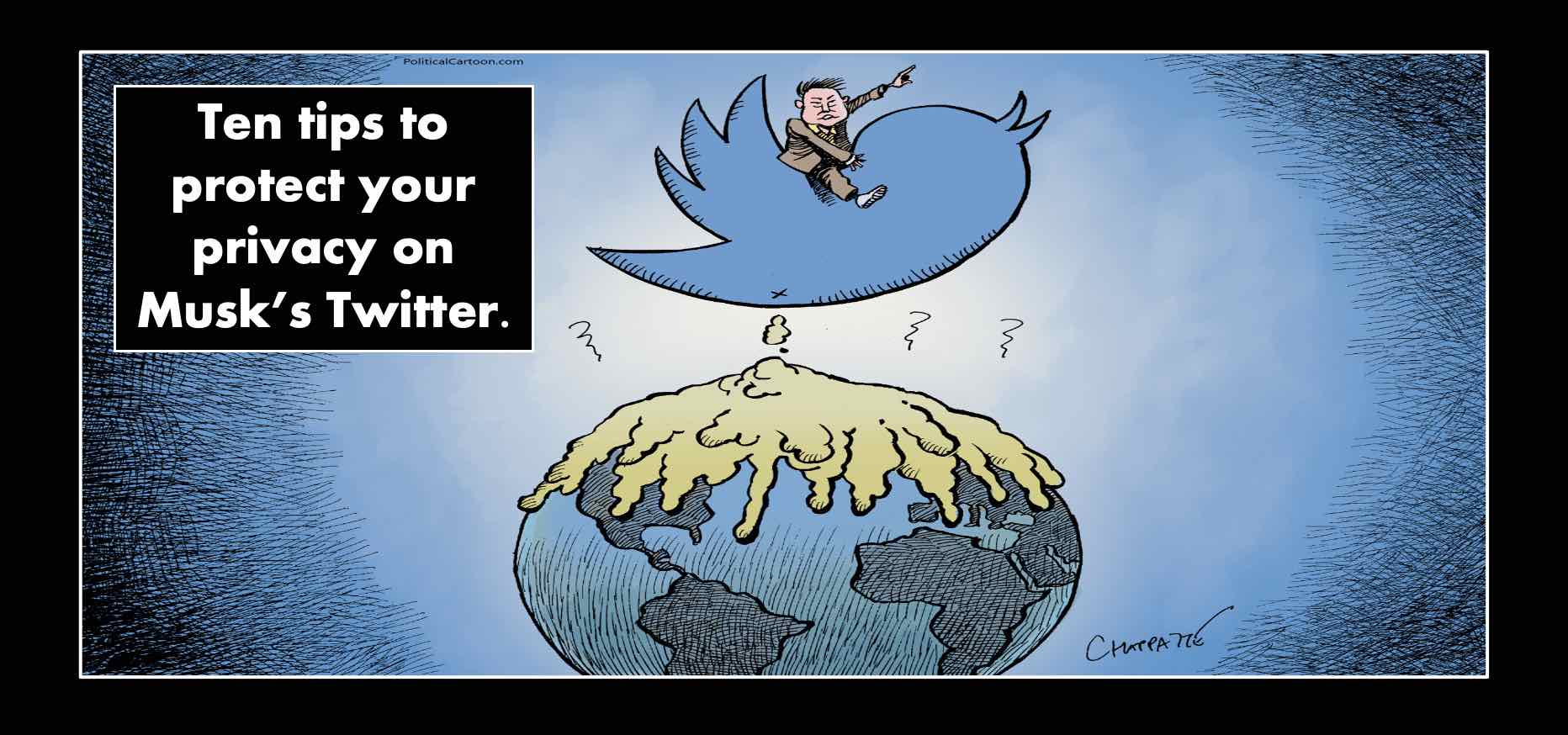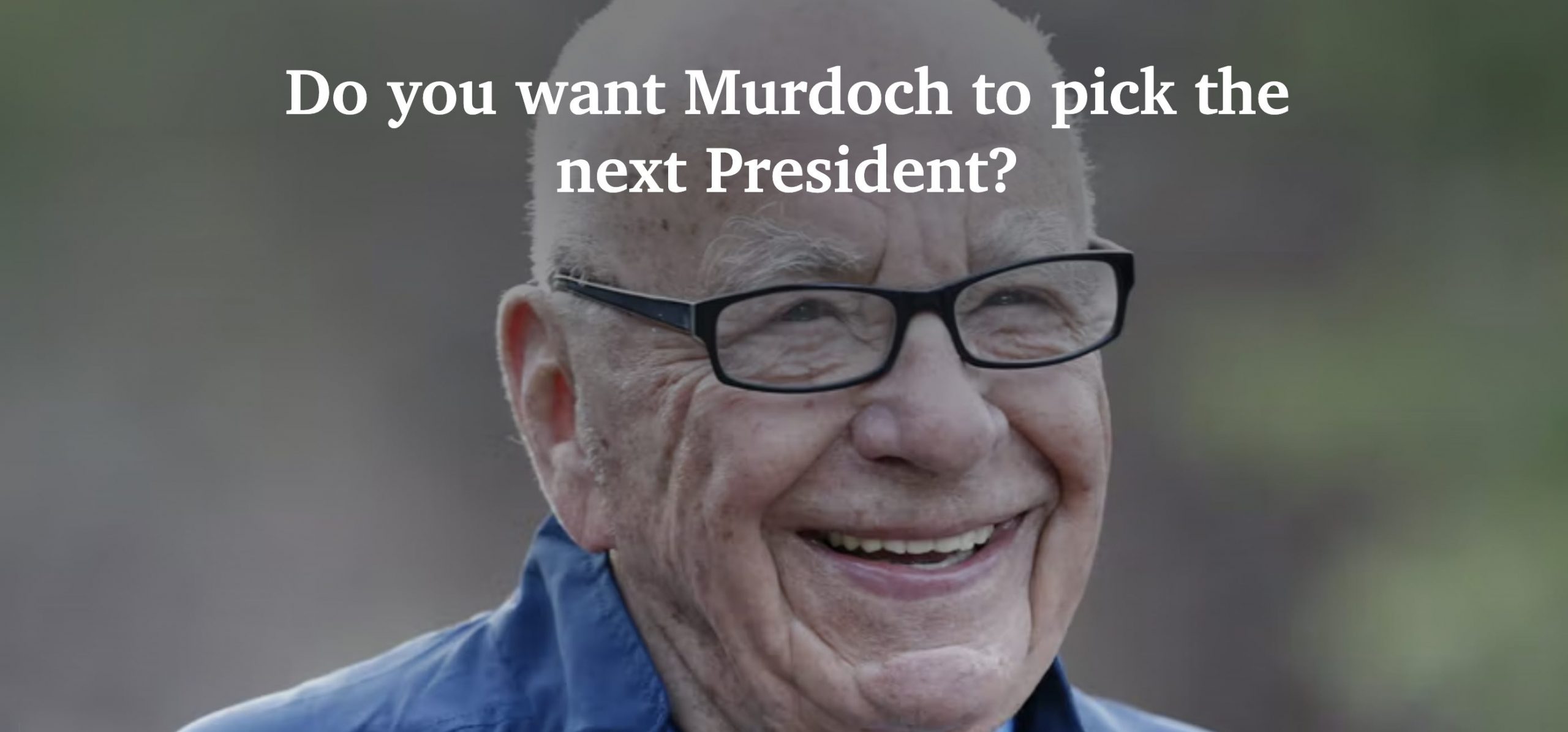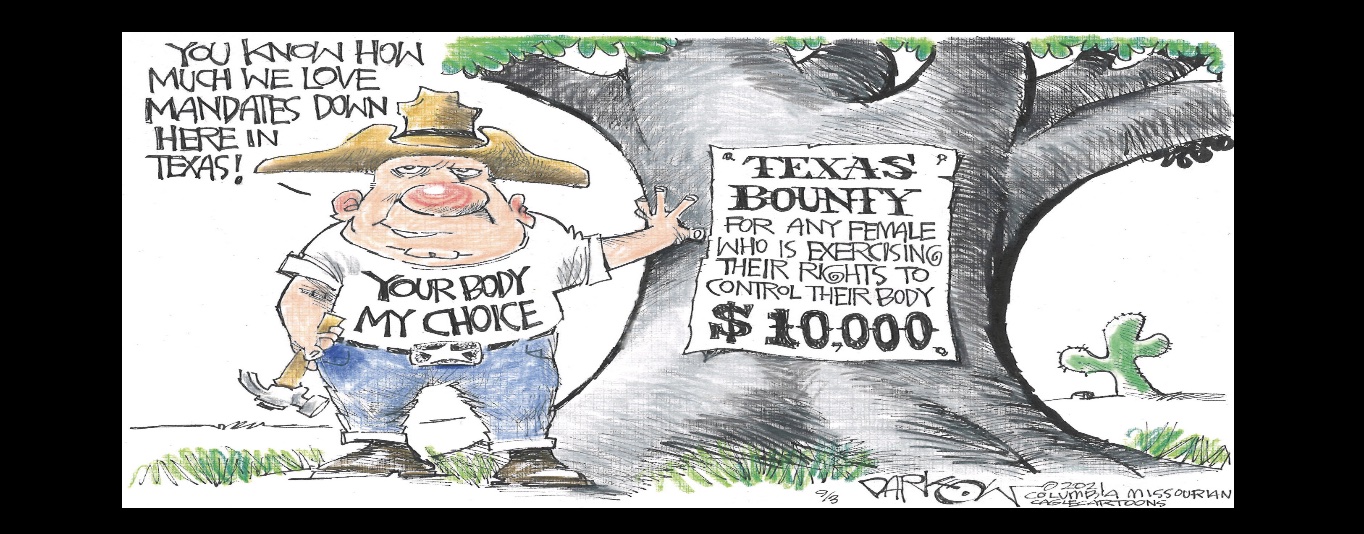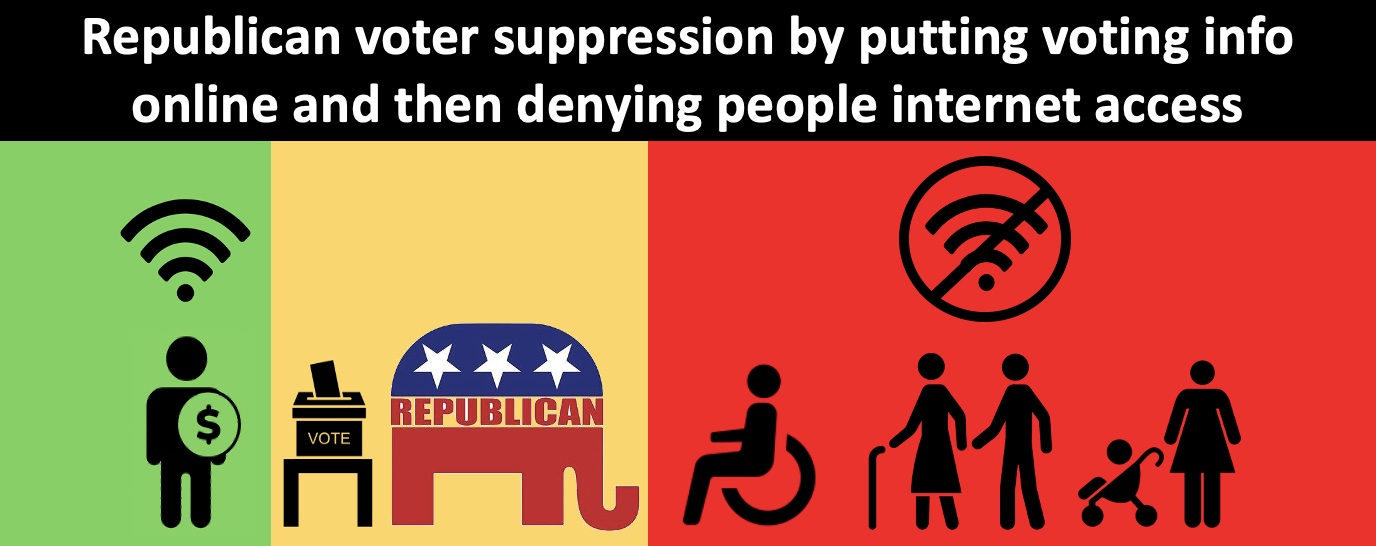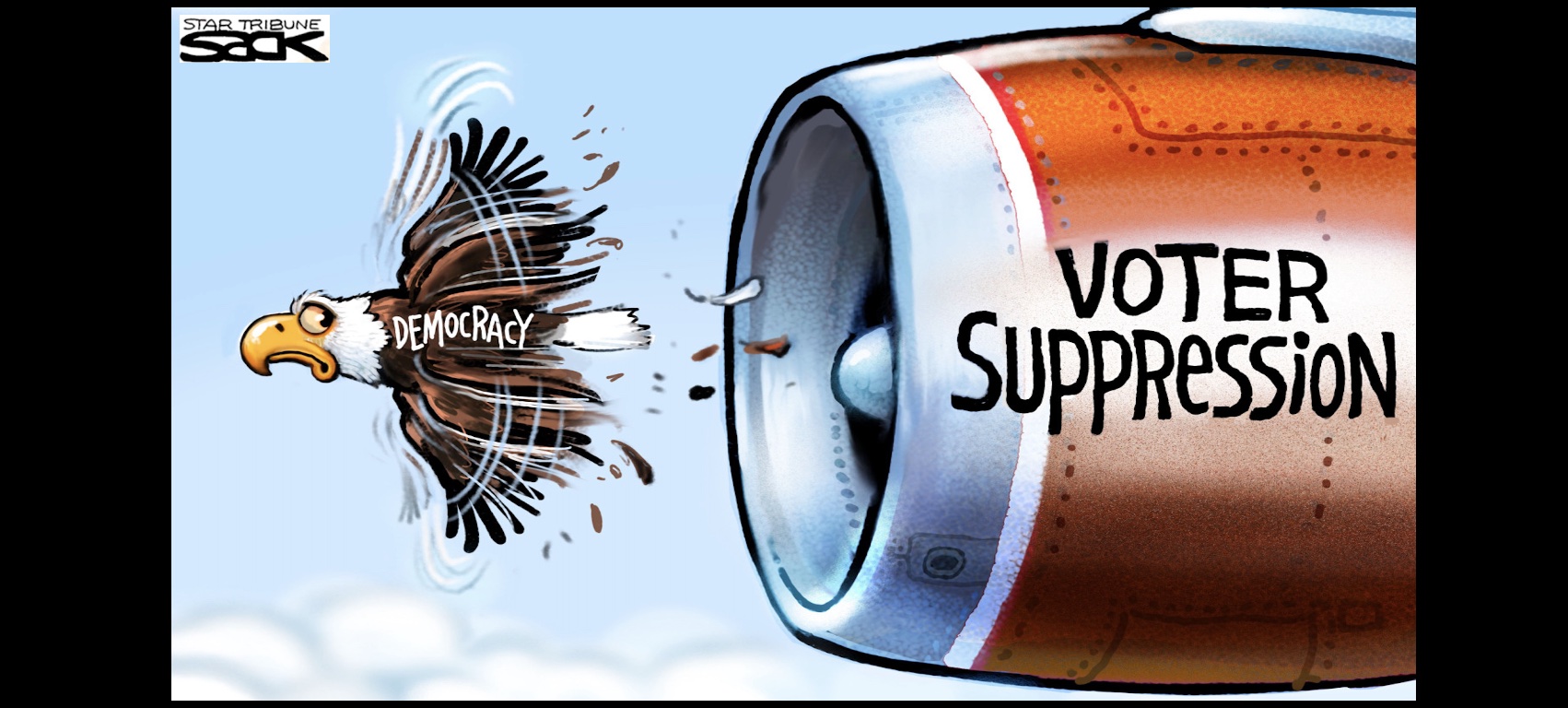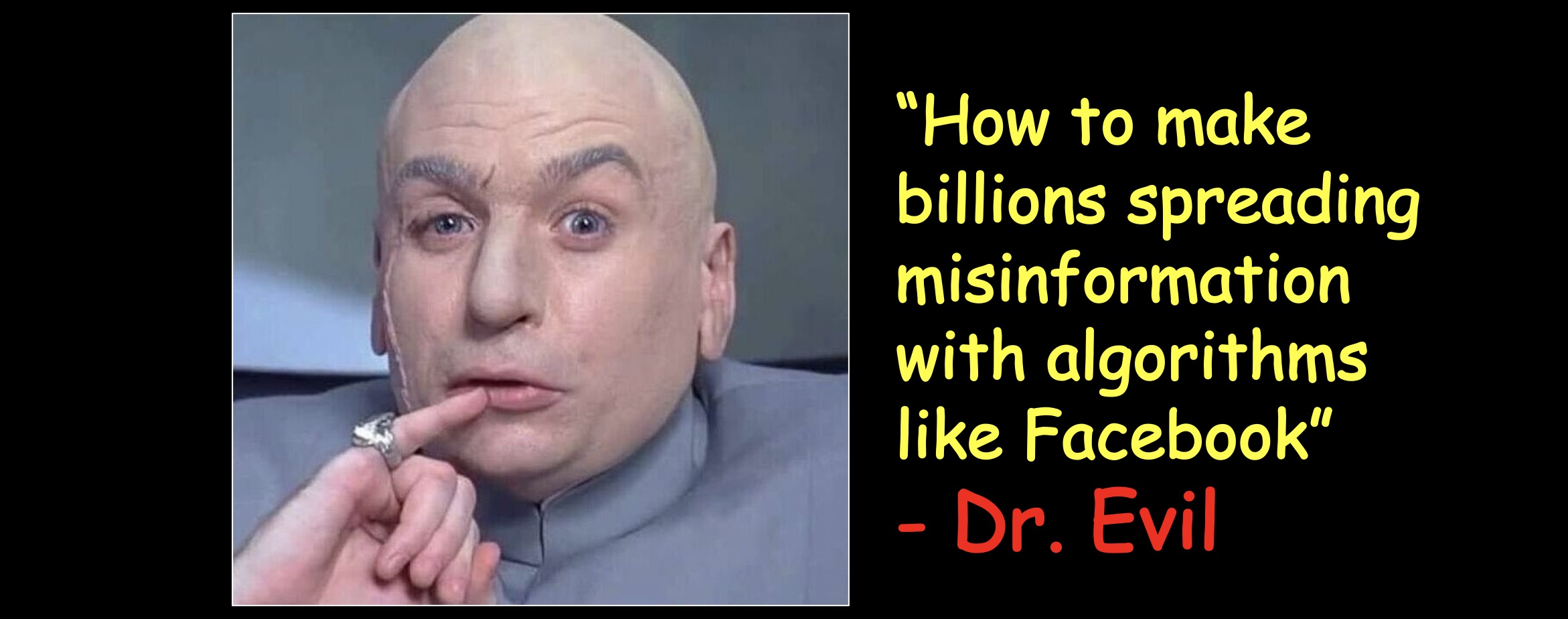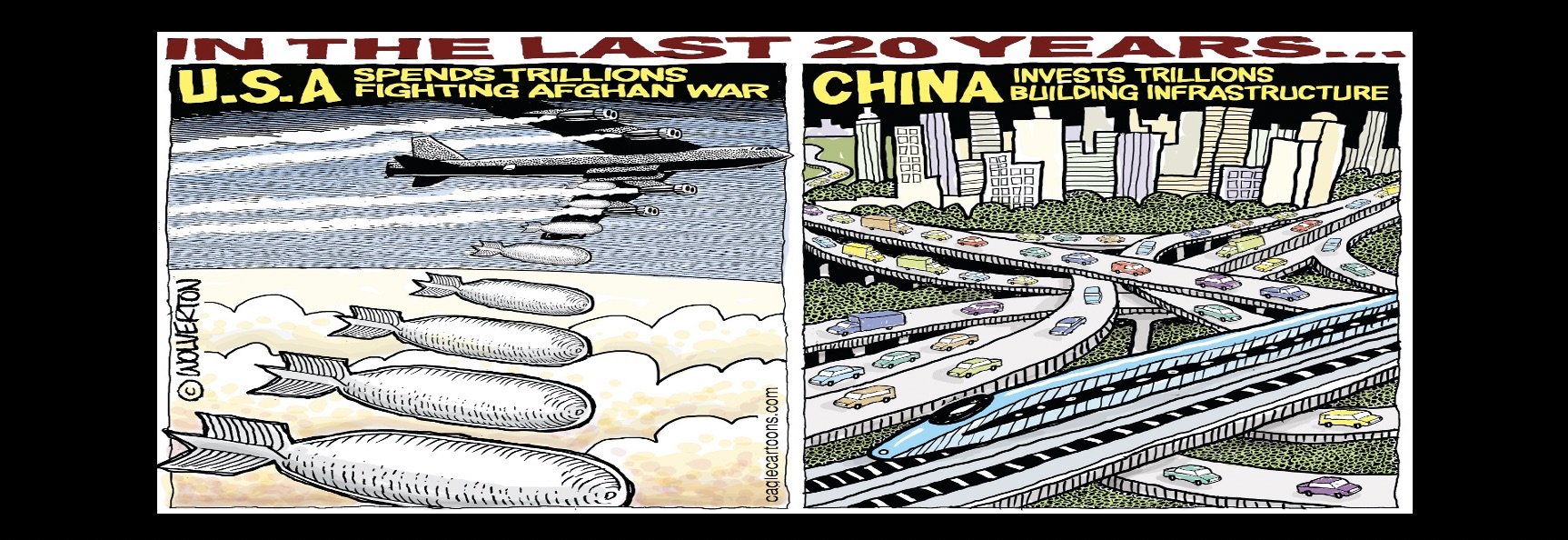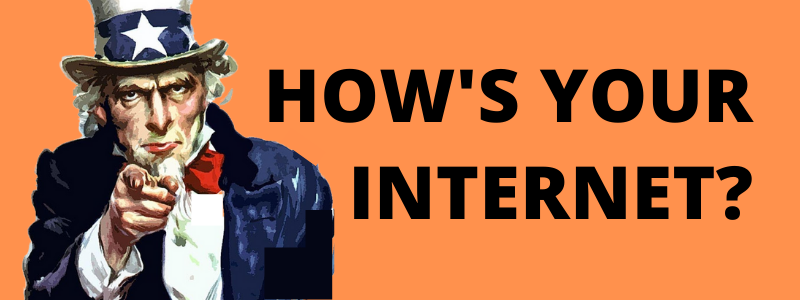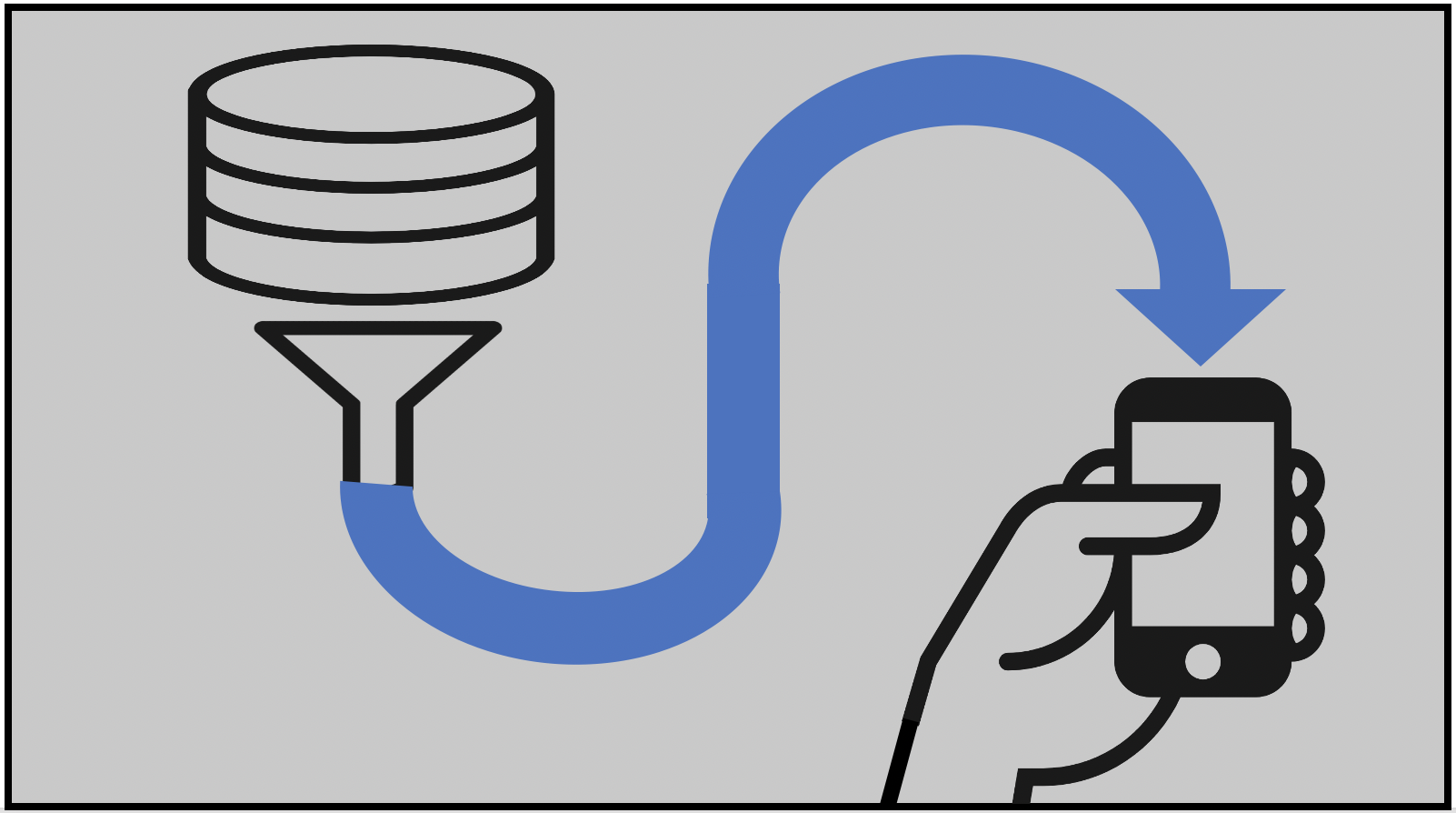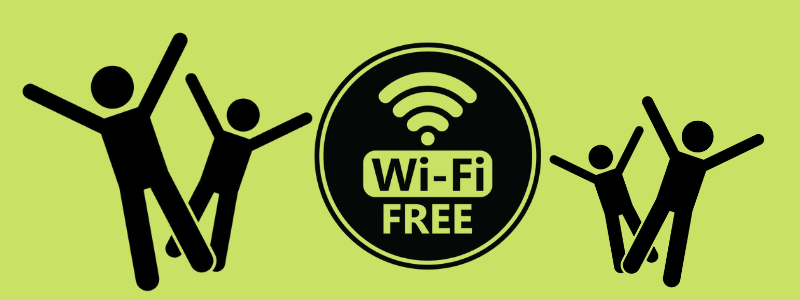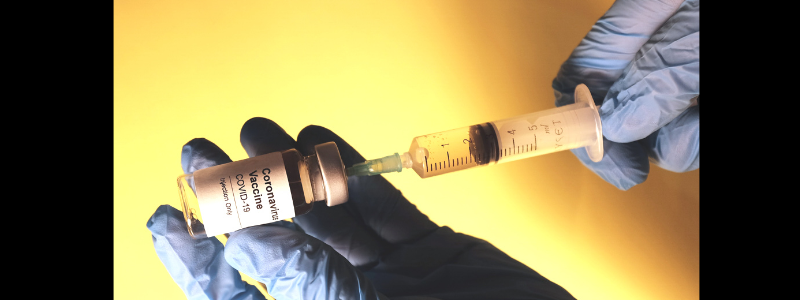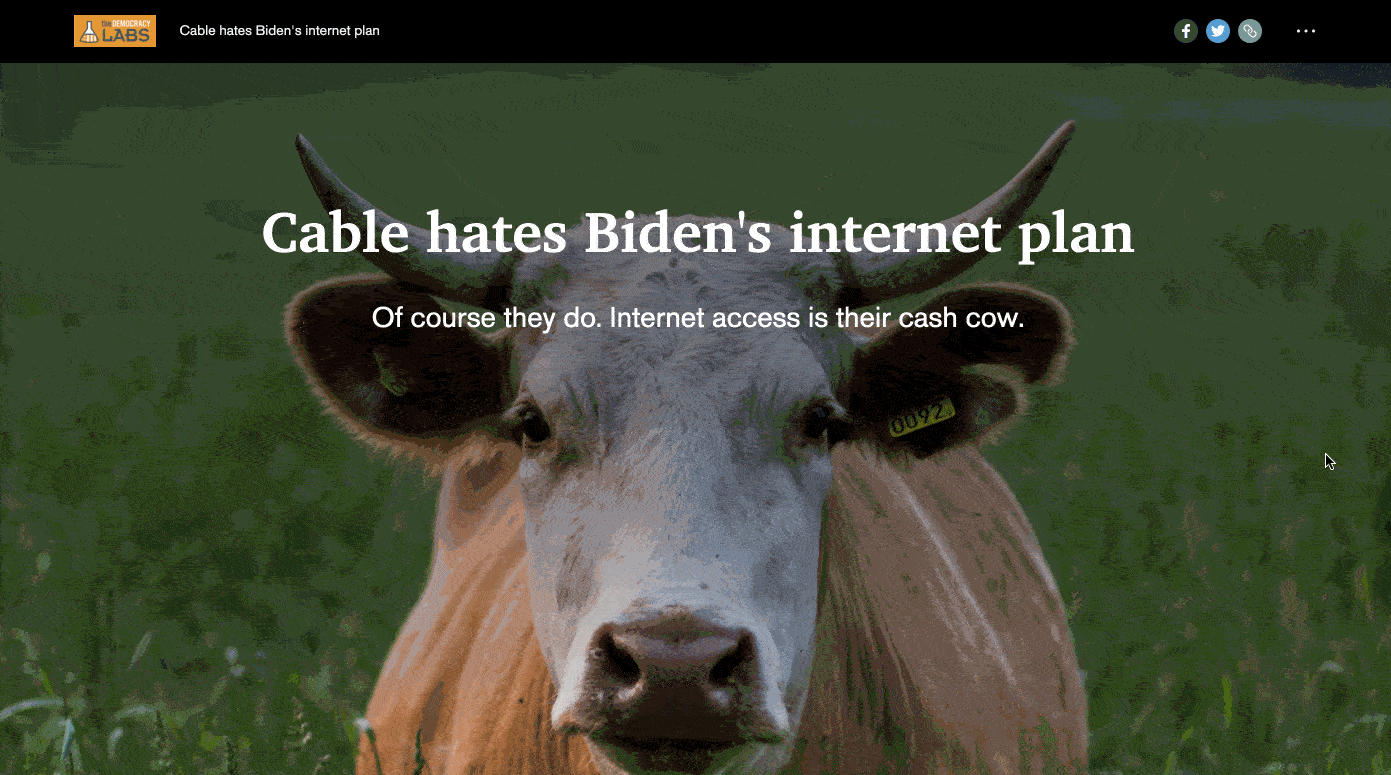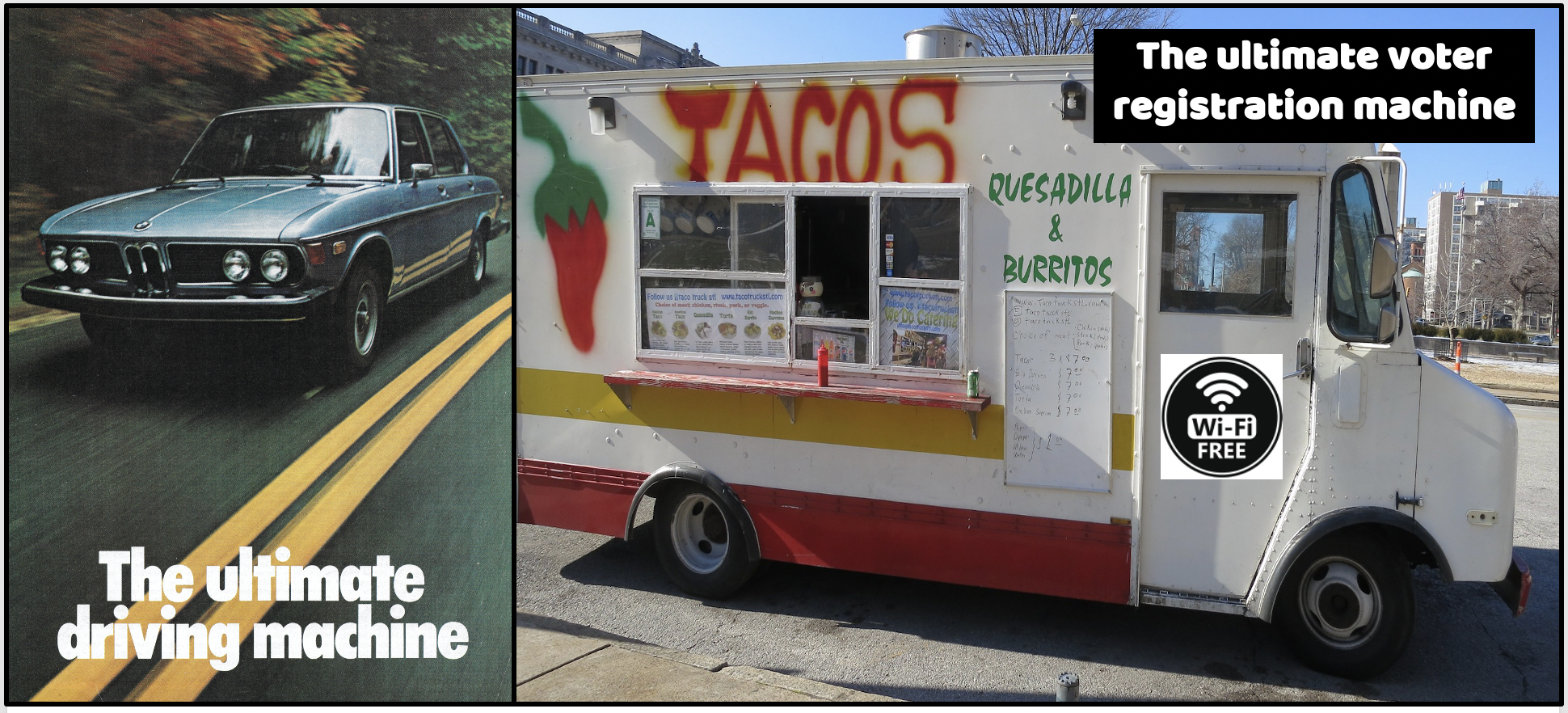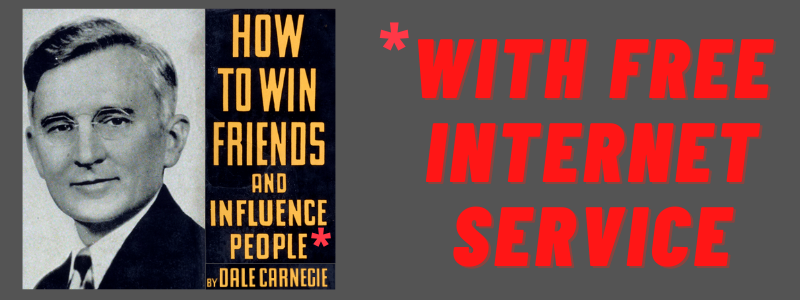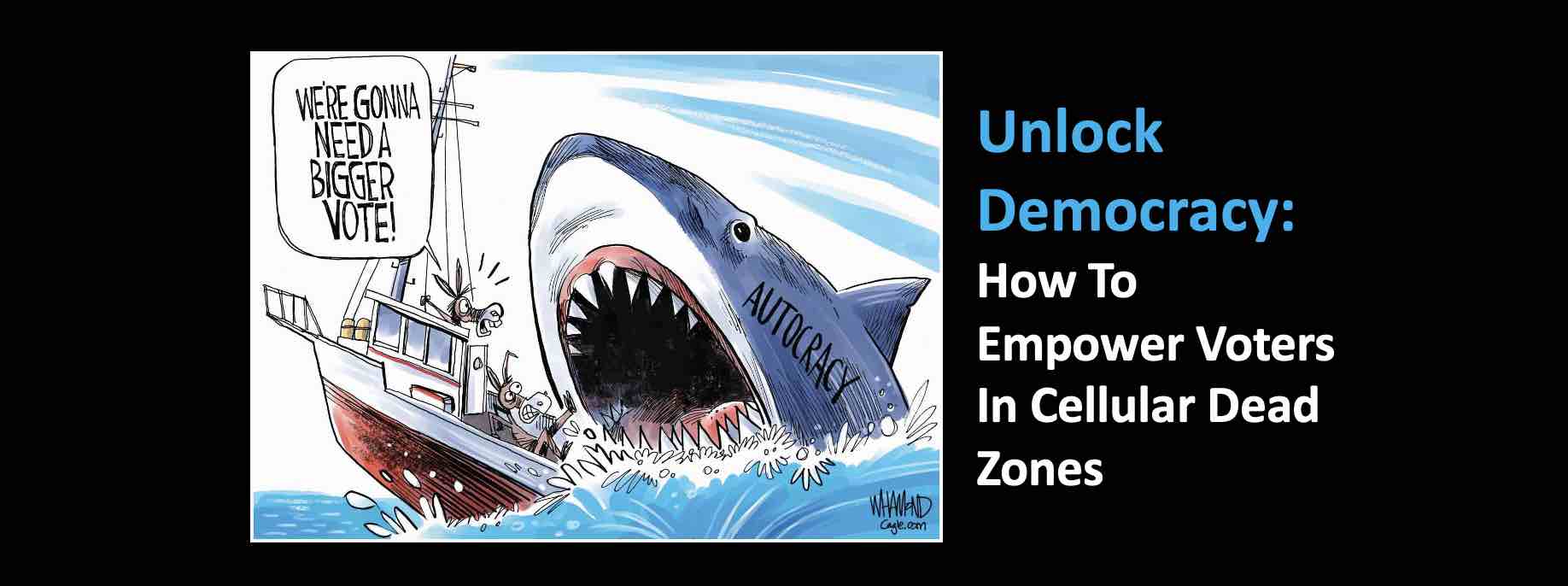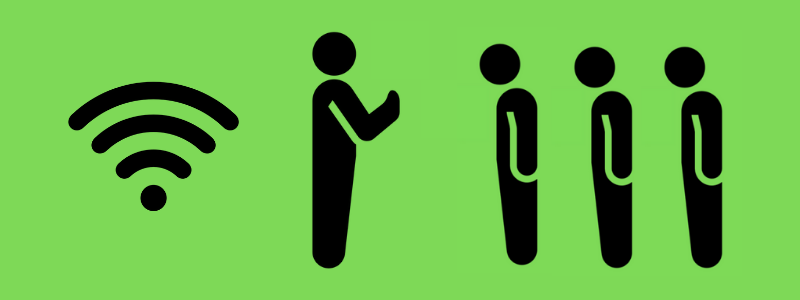
Denied broadband internet? How to challenge the faulty FCC data that leaves you offline.

Bad FCC data denies broadband internet access to millions of Americans.
"The pandemic forced many essential activities online: going to school, earning an income and staying in touch with friends and family all require a reliable broadband internet connection. Millions of Americans don’t have access to broadband – either because it’s not available or they can’t afford it. It is worst in rural, Black, African American, Latinx and Hispanic communities." - Microsoft
This blog explains:
1. How the FCC collects broadband internet availability and how it is overstated
2. How to check the availability of broadband internet and local internet providers
3. What is the age and race of people in areas with little or no broadband internet
4. How to easily collect data on internet availability from community residents in order to encourage authorities to do better
Fudging internet access data
"The Federal Communications Commission (FCC) collects data on broadband availability from providers on where they have broadband infrastructure. The FCC considers broadband to be “available” for an entire census block if the provider could serve at least one location in the census block. The FCC does not collect information on several factors—such as affordability, quality, and denials of service. FCC provides broadband funding for unserved areas based on its broadband data. Overstatements of access limit FCC’s and tribal stakeholders’ abilities to target broadband funding to such areas." (GAO)
Overstating (exaggerating) the availability of internet access distorts reality and lets broadband providers avoid having to the serve areas that need the internet the most."

How bad is the digital divide?
The Federal Communication Commission (FCC) 2018 Broadband Deployment Report reported that more than 24 million American households do not have reliable, affordable high-speed internet - 80% of them are in rural areas. A recent BroadbandNow study estimates that 42 million do not have the access to wired or fixed wireless broadband. Microsoft data shows that over 160 million people do not use the internet at broadband speeds.
Check your broadband internet access
Use this map to see broadband internet is 'reported to be available per FCC FORM 477. This data comes from esri Living Atlas.
Another map layer shows the lack of internet access by age and race of residents in a community.
This GIF demo shows how I searched for internet availability in Florence, South Carolina - a primarily Black community. It shows that the broadband score in this area is 17 where 100 is deemed as an acceptable score. AT&T South Carolina and Charter Communications are the internet providers in the area. 17.9% of residents between 18-64 years in age do not have internet access. There are 789 African Americans in the area without internet access.

Fight fire with fire. Fight bad data with good data.
Counter the overstated availability of broadband internet from companies to the FCC with accurate data on internet availability where you live. How can activists this data be collected quickly and easily? And when many areas do not have internet or cellular connectivity?
Crowdsourcing. Use this free internet access questionnaire app designed by DemLabs with Survey123 to collect data from community residents about their access to internet access, how they would use it and other comments. The app can be used with or without internet access. Their comments are immediately shown on a map and can also be downloaded.
Questions in the survey can be changed and survey results are automatically geo-tagged with the precise latitude and longitude and mapped immediately. This makes data collected by community organizers far more accurate than the availability reported by internet providers to the FCC which is by the census block. (The FCC considers broadband to be “available” for an entire census block if the provider could serve at least one location in the census block.)

Resources
GAO - Broadband Internet Report to Congress
ESRI - Broadband Internet Availability & Adoption
Microsoft - Addressing Racial Digital Inequity
Broadband Now - Report on Internet Availability

